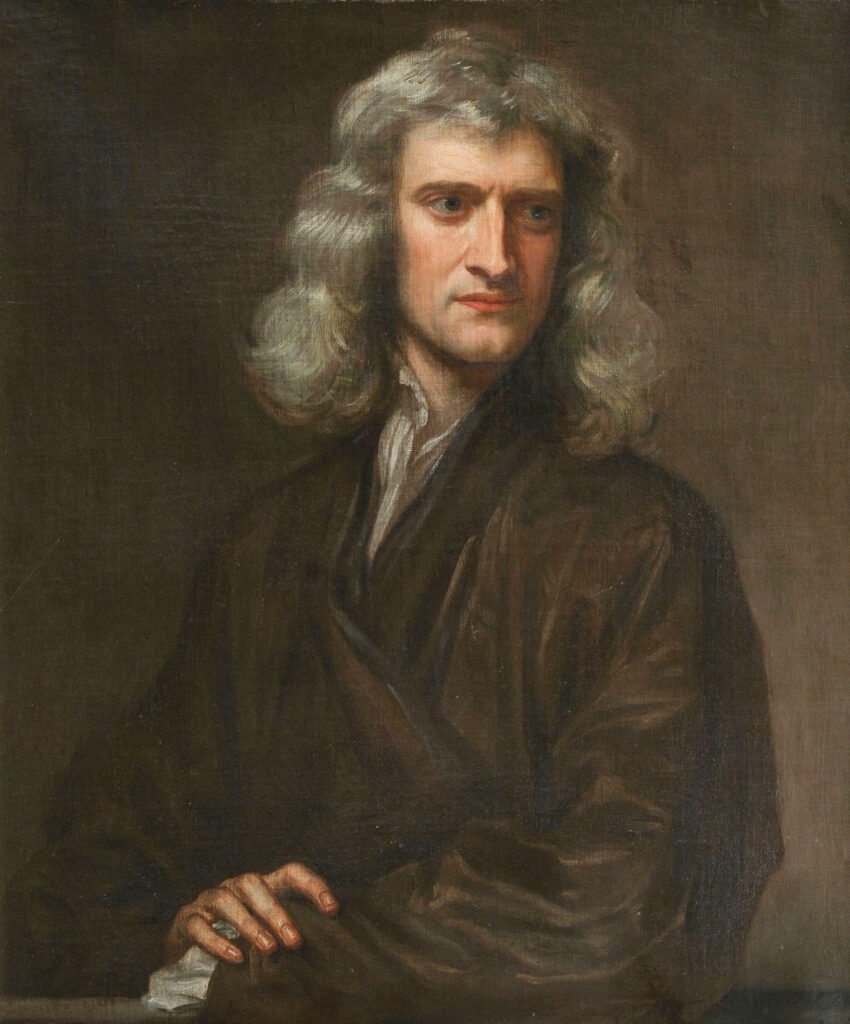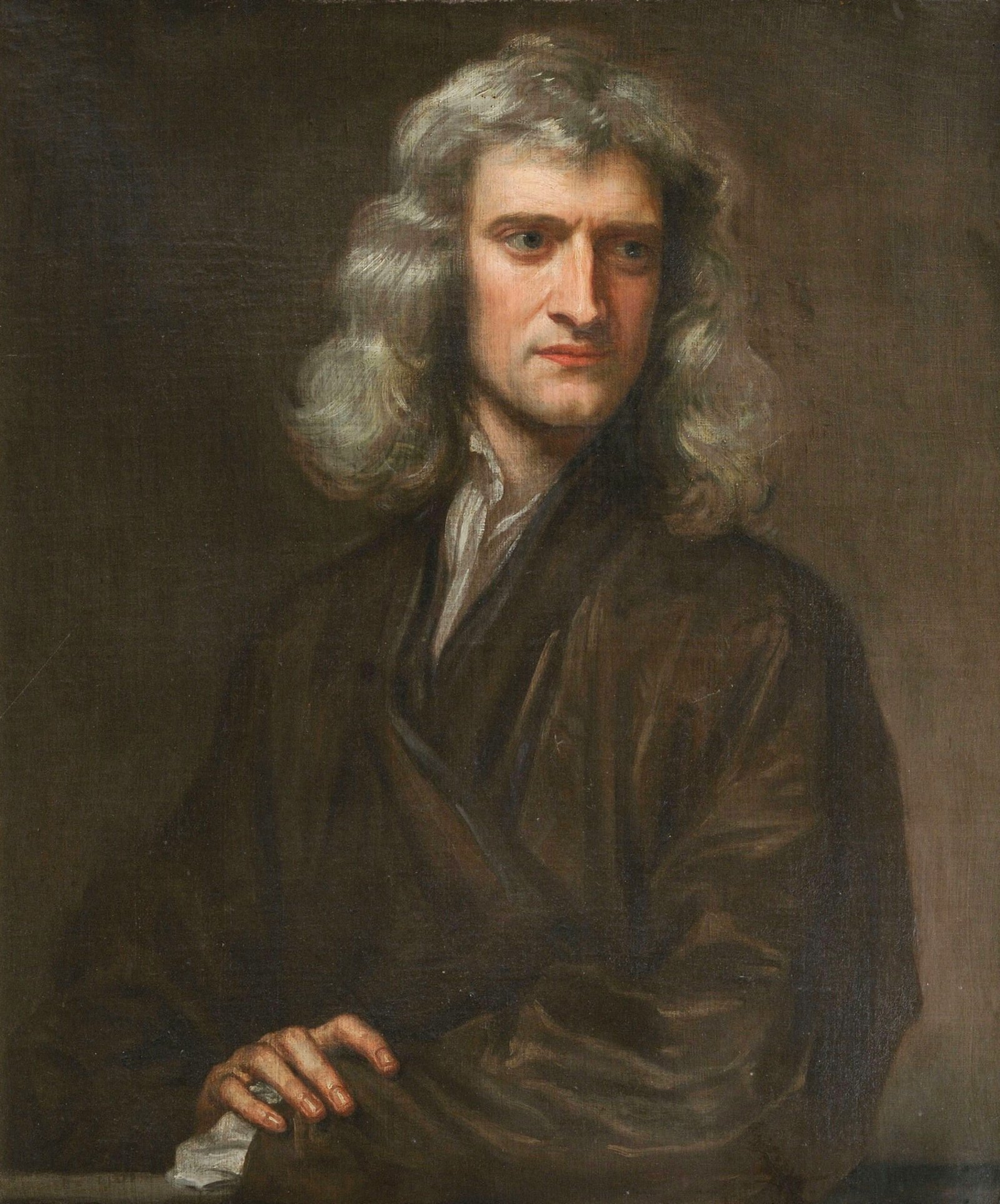
Isaac Newton, born on December 25, 1642, in England and passing away on March 20, 1726/27, was a polymath. He excelled in various fields including mathematics, physics, astronomy, alchemy, theology, and writing. Newton was considered a natural philosopher in his era. He played a crucial role in both the Scientific Revolution and the Enlightenment. His groundbreaking work, “Philosophiæ Naturalis Principia Mathematica,” published in 1687, summarized earlier findings and laid the foundation for classical mechanics. Newton’s contributions extended to optics, and he, alongside German mathematician Gottfried Wilhelm Leibniz, is credited with developing infinitesimal calculus, although he did so independently before Leibniz.
EARLY LIFE :
Isaac Newton, born on Christmas Day in 1642, grew up inhttps://www.youtube.com/@petsascompanion8222 Woolsthorpe -by-Colsterworth, Lincolnshire. His father died before he was born, and his mother remarried, leaving him in the care of his grandmother. Newton had a troubled relationship with his stepfather and mother. He attended The King’s School in Grantham, excelling academically. Despite his mother’s attempt to make him a farmer, he returned to school due to his dislike for farming. Later, he entered Trinity College, Cambridge, where he began as a subsizar before earning a scholarship. At Cambridge, he studied Aristotle, Descartes, Galileo, and others. Newton’s private studies led to groundbreaking discoveries in calculus, optics, and the law of gravitation. In 1667, he returned to Cambridge and was elected a fellow of Trinity. His academic prowess impressed Isaac Barrow, leading to Newton succeeding him as Lucasian professor, despite his unorthodox religious views. This appointment exempted him from ordination, averting a conflict between his beliefs and Anglican doctrine.
OPTICS :
In 1666, Newton discovered that a prism separates light into colors, showing that light’s color is intrinsic to it. He lectured on optics from 1670 to 1672, demonstrating that a prism’s spectrum can be combined back into white light. Newton’s study of colored light led to his theory that objects don’t generate color themselves but interact with colored light. He built the first reflecting telescope in 1668, which avoided chromatic aberration. Newton argued light consists of particles, not waves, though later science favored wave theory. He posited the existence of an ether to transmit forces and delved into alchemy. In 1704, he published “Opticks,” proposing light as made of subtle corpuscles. Newton’s work with prisms influenced the development of lasers. Young and Fresnel later favored wave theory over Newton’s particle theory. Goethe critiqued Newton’s theory on achromatism, later disproved by Dollond.
GRAVITY :
Newton started developing his theory of gravitation around 1665 and revisited it in 1679, influenced by Hooke’s correspondence and the appearance of a comet in 1680. He proved that planets move in elliptical orbits due to a force inversely proportional to the square of the radius vector. Newton shared these findings in a tract called “De motu corporum in gyrum,” which laid the groundwork for his monumental work, “Principia,” published in 1687 with support from Halley. In “Principia,” Newton established the three laws of motion, providing the basis for classical mechanics and influencing technological advancements during the Industrial Revolution. He introduced the term “gravity” and formulated the law of universal gravitation. Additionally, Newton made numerous other contributions in “Principia,” including analytical determinations of the speed of sound, explanations for Earth’s oblateness and the precession of equinoxes, theories on cometary orbits, and more. Despite criticism for invoking invisible forces, Newton’s international recognition grew, and his work continued to influence mathematics, as seen in his classification of cubic curves.
PERSONALITY :
Newton never married and was thought to have died without any romantic relationships. Voltaire, present at Newton’s funeral, stated that Newton showed no interest in passions or relationships with women, a sentiment echoed by others like mathematician Charles Hutton and physicist Carl Sagan. Newton had a close friendship with mathematician Nicolas Fatio de Duillier, but it abruptly ended in 1693 when Newton experienced a breakdown and accused his friends, including Samuel Pepys and John Locke, of trying to involve him with women. Newton remained modest about his accomplishments, once saying he achieved greatness by building upon the work of others. Some suggest his famous phrase about “standing on the shoulders of giants” was a subtle jab at Robert Hooke, with whom he had disagreements. In his later reflections, Newton likened his discoveries to a child collecting shells on the seashore, suggesting there was still much to uncover.






